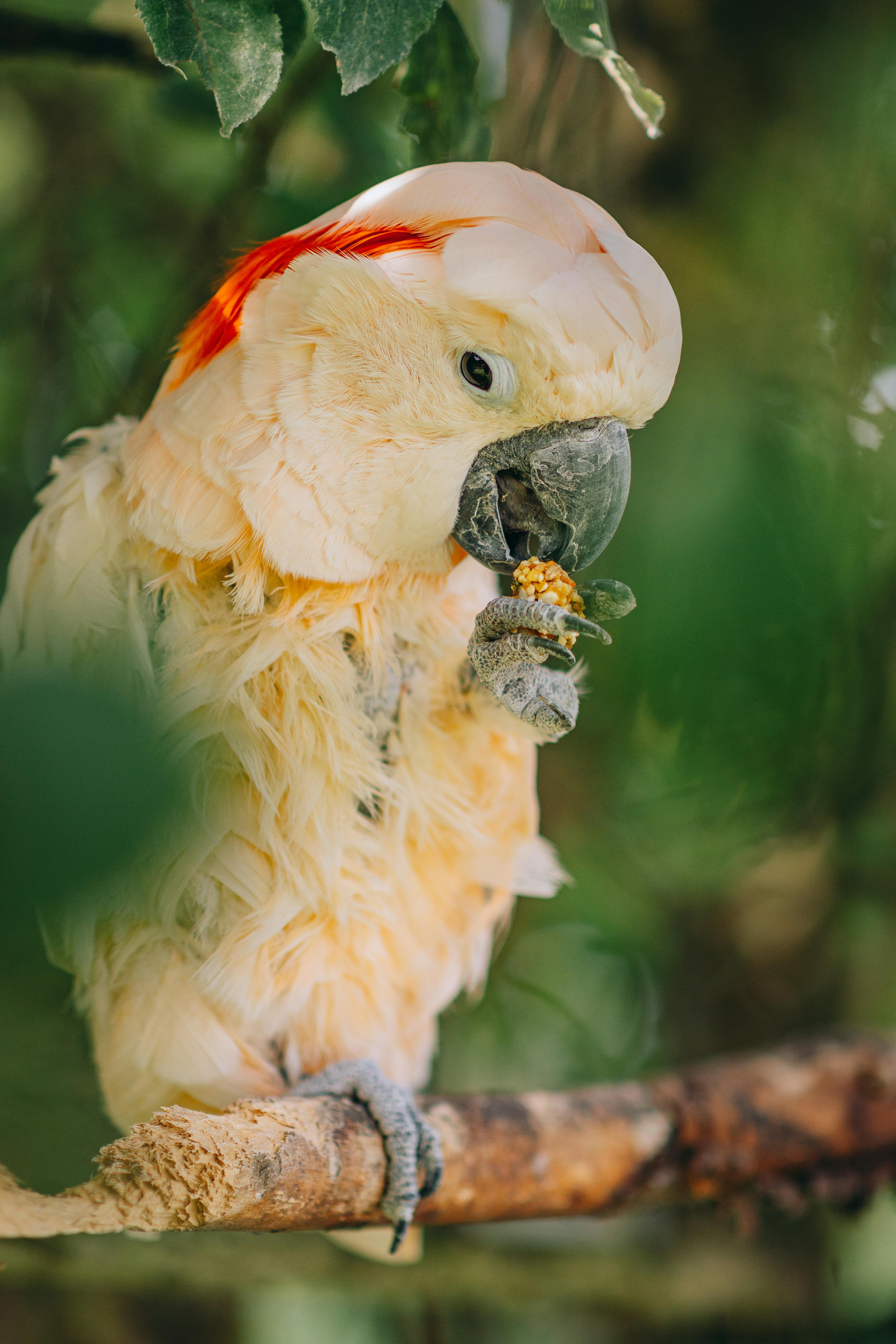
Effective Ways to Optimize Your Care for Cream the Rabbit in 2025


As a proud rabbit lover, knowing how to care for your fluffy companion, particularly breeds like **Cream the Rabbit**, is essential for ensuring their health and happiness. Over the years, understanding rabbit behavior, nutrition, and overall care has evolved significantly. In 2025, optimizing your rabbit care practices will lead to a flourishing life for your pet bunny. This article will provide practical tips on aspects such as rabbit feeding, habitat improvement, and health management, ensuring you maximize the well-being of your beloved pet.
Understanding Rabbit Nutrition
Nutrition is one of the most critical aspects of **rabbit care**. When determining the right diet for your pet rabbit, it's essential to focus on quality rabbit food that meets their unique dietary needs. An ideal diet for a rabbit includes a mix of high-fiber hay, fresh vegetables, and specially formulated rabbit pellets. **Rabbit nutrition** is crucial for promoting a healthy digestive system and maintaining a balanced weight. Offer a variety of leafy greens such as romaine lettuce, parsley, and cilantro while ensuring that hay caters to70-80% of their diet. Remember, fresh water should always be available to keep your bunny hydrated and healthy.
Feeding Strategies for Healthy Growth
To optimize your bunny’s growth, understanding the key **rabbit diet tips** is essential. Young rabbits need more critical nutrients than adult rabbits due to their rapid growth stages. Consider feeding high-quality alfalfa hay to young rabbits as their primary source of food, transitioning to timothy hay as they mature. Regularly monitor portions to prevent obesity—a common issue in pet rabbits. It's also beneficial to consult a **rabbit vet** about any dietary requirements and to regularly update the feeding list as per your rabbit's age and health conditions.
The Role of Rabbit Treats
Incorporating **rabbit treats** into your pet’s diet can be an excellent way to build a bond while providing necessary mental stimulation. Opt for natural, healthy treats like small pieces of fruit or commercial rabbit treats available at pet stores. Always keep moderation in mind, as excessive treats can lead to unhealthy weight gain or gastrointestinal problems. Make sure to introduce treats slowly to watch for any adverse reactions. Proper planning around your pet's treats enhances their overall eating experience while giving a taste of variety without compromising health.
Creating the Perfect Rabbit Habitat
The environment you provide for your rabbit significantly impacts their behavior, health, and welfare. Setting up an optimal **rabbit cage** or hutch will lead to happier, livelier bunnies. When designing a rabbit habitat, consider size, layout, and enrichment possibilities. A larger space allows for adequate **rabbit exercise**, facilitating natural hopping and running, which is vital for their physical well-being. Ensure the habitat is well-ventilated and protected from heat, direct sunlight, and undue stress factors.
Rabbit Enrichment and Playtime
Enrichment is essential for **rabbit socialization** and helps stimulate their natural instincts. Provide different types of **rabbit toys**—including chew toys made of untreated wood or cardboard—that promote healthy chewing habits while keeping them entertained. Set aside at least an hour of playtime per day to allow them to hop around safely. This not only aids in physical health but also reduces stress and improves their mood. Remember, a happy rabbit often exhibits positive behaviors, making socialization and interaction critical in their routines.
Creating a Safe Environment
Ensuring your rabbit lives in a **safe rabbit environment** is paramount to prevent accidents and hazardous situations. Avoid letting your bunny access areas in your home that contain electrical cords or dangerous items. Implement safety measures by using puppy pens or rabbit gates to confine their play areas, ensuring no escape routes are available. Additionally, familiarize yourself with essential **rabbit safety tips**, such as monitoring visitors or other pets around your bunny to avoid stressing or frightening them. Building a secure environment fosters a comfortable space for your bunny to explore.
Fostering Rabbit Health and Well-being
Proper **rabbit health care** will promote a longer lifespan and mitigate the risk of diseases. Establishing a relationship with a knowledgeable rabbit vet ensures routine check-ups, vaccinations, and guidance on **rabbit health management**. Regular vet visits are crucial as they can catch potential issues early, making them easier to treat or manage. Be aware of common rabbit health concerns such as dental problems or obesity, which can significantly impact a rabbit's quality of life. Recognizing the needs of your pet can help prevent many health-related issues.
Rabbit Grooming Essentials
Regular grooming is a significant part of **rabbit care** that cannot be overlooked. Invest in quality **rabbit grooming tools** such as brushes and nail clippers to maintain fur quality and prevent matting. Bunnies require grooming, especially long-haired breeds, to prevent hairballs and skin problems. A grooming routine should include checking their ears, eyes, and teeth to catch any abnormalities. Bathing should be rare as it can stress your rabbit unnecessarily; instead, focus on spot-cleaning where necessary.
Understanding Rabbit Behavior
Insights into **rabbit behavior** can aid in bonding and communication with your pet. Observing how your rabbit interacts with you and its environment may uncover preferences or areas of concern. Breeds like Cream the Rabbit may exhibit distinct characteristics that can appreciate time to learn and adapt to their habitat. Understanding your rabbit's body language significantly enhances companionship—ears upright typically signify curiosity, while a thumping hind leg can indicate a warning of potential danger. Developing an appreciation for your bunny's unique personality_cultivates stronger bonds.
Key Takeaways
- Optimal nutrition and appropriate feeding strategies are critical for your rabbit’s growth and health.
- A spacious and safe habitat enhances a rabbit's well-being, encouraging natural behaviors.
- Regular health check-ups and grooming promote longevity and happiness in rabbit care.
- Understanding your rabbit's behavior improves communication and companionship.
- Rabbit playtime and enrichment are essential for physical and mental stimulation.
FAQ
1. What are some essential **rabbit care tips** for new owners?
Starting with basic **rabbit care tips** involves understanding proper feeding, a safe enclosure, and routine health checks. Always provide fresh hay and daily greens, ensure adequate space for exercise, and establish a bond through regular interaction. Consulting a vet is crucial for vaccination and health assessments, especially during their lifespan. Adjust your care as they grow and understand their unique behaviors to cater to their needs effectively.
2. How can I train my rabbit to use a litter box effectively?
**Rabbit litter box training** is achievable with patience and consistency. Start by placing a shallow litter box in their primary living area, filled with rabbit-safe litter. Encourage your rabbit to use the box by confining them to that space until they understand, rewarding them with treats for correct behavior. This process can take time, so be patient, and never scold your bunny for accidents as they are learning.
3. What types of toys are best for rabbits?
When selecting **rabbit toys**, choose options that encourage natural behaviors such as chewing and digging. Great options include wooden chew toys, cardboard boxes, or tunnels that promote exercise and mental stimulation. Alternating toys keeps your rabbit engaged, preventing boredom and associated behavior problems. Also, ensure toys are made from safe, non-toxic materials to keep your bunny healthy.
4. How often should I visit the vet with my rabbit?
It’s advisable to schedule a **rabbit vet visit** at least once a year for routine check-ups, vaccinations, and dental care. For health concerns or behavioral changes, more frequent visits may be necessary. Regular vet assessments can significantly contribute to early problem detection and ensure a proactive approach to health management.
5. What should I know about adopting a rabbit?
Before proceeding with **rabbit adoption**, researching the specific care requirements, breed compatibility, and lifestyle implications is essential. Consider adopting from rescues or shelters where you can find bunnies in need of homes. Make sure you assess your environment and readiness for committing to a rabbit’s long lifespan, which can be 8-12 years or more. Understanding their social needs and training challenges is crucial for a successful adoption.